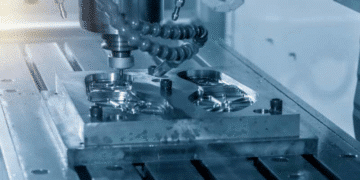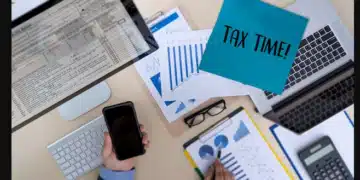Though the Covid-19 pandemic and its variants, are still causing financial instability from one week to the next, there are still many financial opportunities one can capitalize on. With the new paradigm shifts we are experiencing the world and its people are adapting some faster than others. Looking eastward we see the billions that are being invested into India and Africa
It is estimated that approximately $75 billion from the UAE’s sovereign wealth funds and several other industrialists in the UAE have shown an interest in India. The UAE has shown keen interest in big-ticket projects in India, partially because India is the UAE’s third largest trading partner. To make sure things run smoothly,the Indian government is working to remove bureaucratic roadblocks that might hinder such trade between the two nations according to the Indian minister Piyush Goyal.
While traditionally Europe was one of the biggest trade partners with India, the last decade has shown a decrease. While talks were initiated to pick up trade they ultimately stalled and fizzled out. According to the Global Economics Dynamics (GED) study at current market prices, India is the seventh biggest economy of the world and according to the World Economic Outlook; its share in world GDP is just about 3.02%, about half the share commanded by Germany. So, India is still a developing country, other countries like the UAE intend venture into the region.
The Indian government has already started formal negotiations for a Comprehensive Economic Development Agreement (CEPA) to tap global opportunities, in a bid to boost bilateral trade. India hopes with international investments that it can achieve a $5 trillion economy in the not-too-distant future.
In Africa we are seeing new ventures that could potentially disrupt the market. The South African-born billionaire Patrick Soon-Shiong of NantWorks is on the brink of investing in South Africa’s Western Cape area. He intends to establish a new manufacturing plant and complex; the plant is set to produce Covid-19 and cancer vaccines for the South Africa and the rest of the continent.
The new complex will be built and owned by NantAfrica, a newly created unit of NantWorks. The company will begin with an initial expenditure projected of $203 million. While it will not be seeking financial assistance from the government, if it is to eventually start exporting vaccines, it will need government help in the form of tax incentives and “a reduction of red tape,” Soon-Shiong said.
Emile Khoury a close financial advisor to Rodolphe Saadé the CEO of CMA-CGM hasfound that Africa is the emerging market that they want to invest in. CMA-CGM shipping group is helping to spearhead logisticsinvestments in Africa because of potential growth. In the past several years six African companies ranked among the world’s top fastest economies. Ghana and Côte d’Ivoire alone supply 60% of the world’s cocoa production. Saadé and Khoury intend to make Africa a powerhouse for production and shipping of materials to Europe.
Even the Swiss investor AlphaMundi has dabbled in investing in Africa. It is leveraging large investment in solar power with the leader in solar energy provider in Sub-Sharan Africa, Redavia. Already Redavia is receiving funding to accelerate the roll-out of its services in Africa. The company that provides solar power for commercial and industrial customers is getting approximately $1 million in mezzanine financing from AlphaMundi.
For years Africa and India have been areas of untapped potential. Now with new paradigm shifts these regions are the places to look for new emerging markets to invest in. While before it was Europe that was driving the world’s economy, they have taken a back seat to India and Africa.










